
Clinical trials
Clinical trials help identify potential new treatments to improve people’s health and save lives. Our progress is due in large part to the important and tough scientific questions we set out to answer with our trials and collaborations.
What are clinical trials?
Clinical trials are research studies with volunteers designed to learn more about how our bodies respond to potential new medicines or treatments. We’re grateful to the thousands of volunteers who participate in our clinical trials — making our research possible.
What clinical trials do and why they're needed
Clinical trials test medicines, vaccines or medical devices that are in development to see if they're safe and effective. It may take many clinical trials all around the world to understand which treatments work and how they work. New treatments are tested in clinical trials before government agencies can approve them for doctors to prescribe to people.
Clinical trials are a key part of the drug development process and our goal to:

Help save and improve lives

Learn more about how our bodies respond to investigational treatments
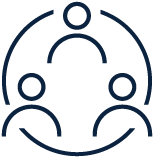
Find new and better ways of advancing science
Reasons to consider participating in a clinical trial
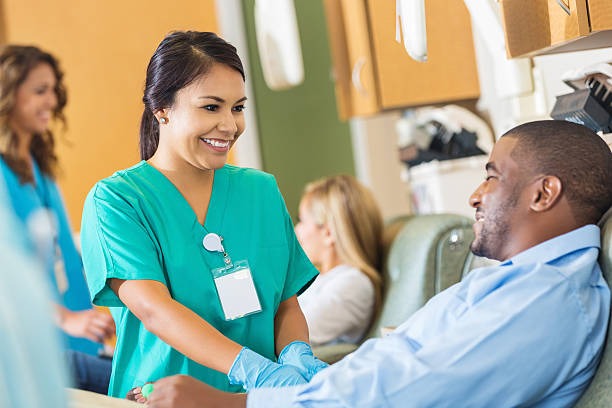
Trial participants will:
- Learn more about their health condition and take an active role in their own health care
- Help future patients by advancing medical research
You're never required to join or complete a clinical trial. Trials are volunteer-only, and you may leave a trial at any time.
Risks include:
- Unwanted side effects
- The treatment may not work
- You may not receive the new treatment being studied
- Extra time and attention needed for trial-related tasks and visits
Learn more about how to join a clinical trial
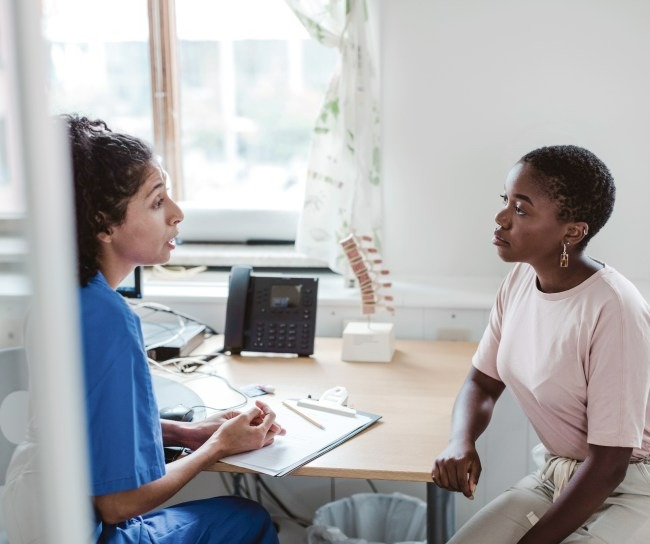
There are clinical trials in progress
Our medical advances can only happen through the efforts of many people, especially those who volunteer for clinical trials. They’re our partners in research.
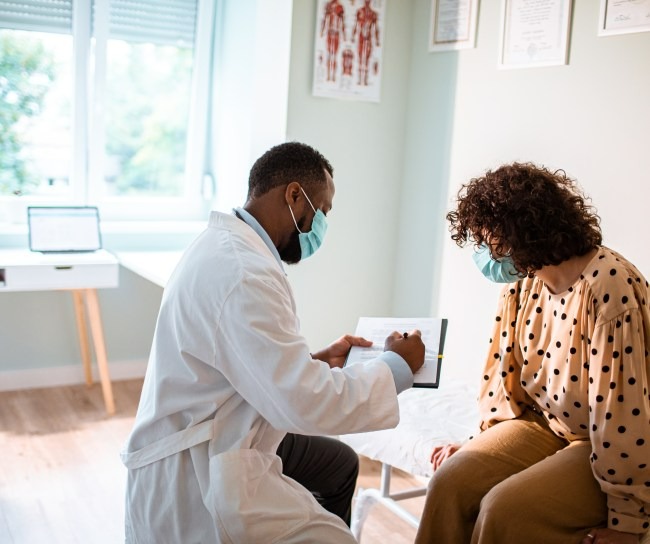
Expanded Access Programs (EAP)
Participation in clinical trials is a primary route by which patients get access to investigational medicines and contribute to the collection of safety and efficacy data needed to support regulatory approval worldwide. For patients with a serious or life-threatening condition who are ineligible or unable to participate in a clinical trial, use of an expanded access program may be an option.
The four phases of clinical trials
Clinical trials require four phases, in addition to government review and approval, to ensure the treatment being studied is safe and effective. Each phase answers a different set of questions. See our infographic on how we take a research study from trial to treatment.
Phase 1
Questions it may answer:
- Is the treatment safe?
- How much of it is needed?
- Are there any side effects?
Who takes part: A small group (about 20 to 100) of usually healthy people
How long it takes: 6 months to 1 year
Phase 2
Questions it may answer: How well does the treatment work? Is it safe and what are the potential side effects? How much of it is needed? Are there any new side effects?
Who takes part: A larger group (about 100 to 500) of healthy people, or people with a certain disease
How long it takes: 6 months to 1 year
Phase 3
Questions it may answer: How well does the treatment work over time? Is it safe? How much of it is needed? Are there any new side effects? Does the new treatment work better than an existing treatment or a placebo? (A placebo looks like the trial treatment but has no active medication)
Who takes part: A new, larger group (about 1,000–5,000) of people
How long it takes: 1 to 4 or more years
Government agency review & approval
Drug maker applies for approval. A treatment must be approved before doctors can prescribe it.
Phase 4
Questions it may answer: How well does the treatment work over time? Is it safe? How much of it is needed? Are there any new side effects? Does the new treatment work better than an existing treatment or a placebo? (A placebo looks like the trial treatment but has no active medication)
Who takes part: A large group (thousands) of people who have been prescribed the new treatment
How long it takes: Ongoing for many years
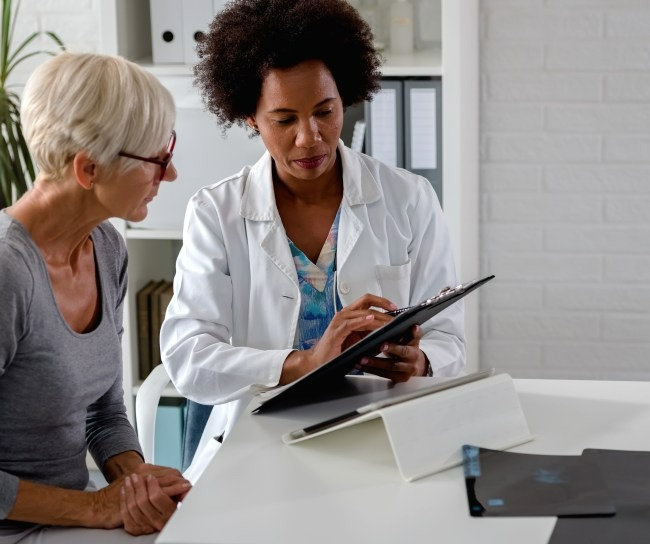
Clinical trials take time and resources
- A treatment may take several years to move from a phase 1 trial to government approval for doctors to prescribe it
- Clinical trials require financial investment from sponsors. MSD is the sponsor of a variety of clinical trials for various diseases and conditions
- Thousands of people in many countries contribute to clinical trials, including patients, researchers, health care professionals and support staff






